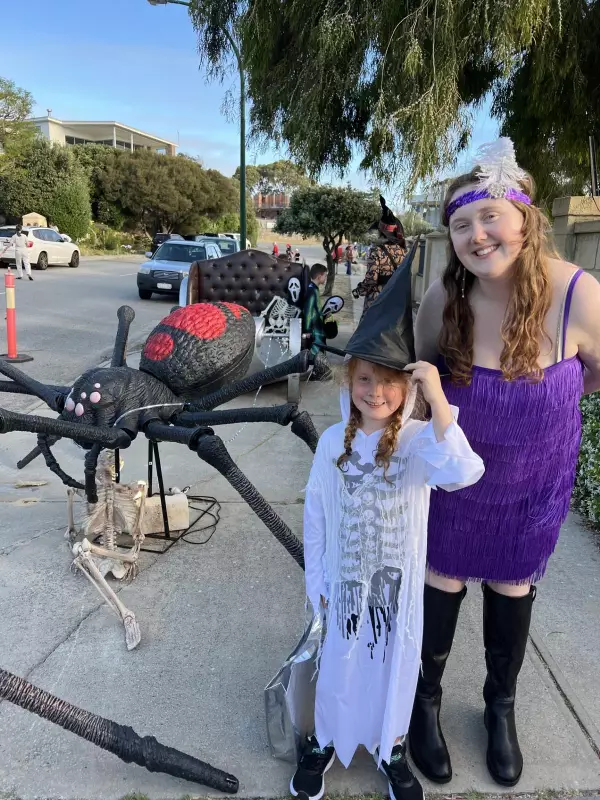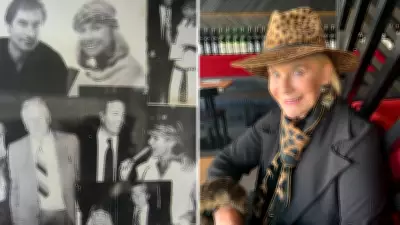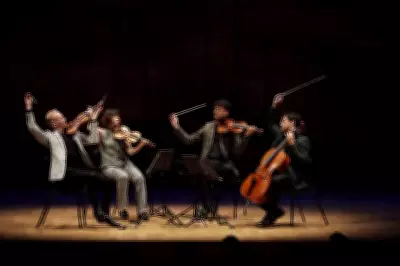
As the familiar sight of costumed children and glowing pumpkins appears in Australian suburbs each October, it prompts deeper questions about the American culture that birthed this tradition. Halloween's journey from foreign import to local fixture offers a unique lens through which to examine how America has strayed from its foundational values.
The Unseen Cost Behind the Costumes
While Australian families embrace the fun of trick-or-treating, few pause to consider what this celebration reveals about modern America. The very generosity displayed through candy-giving and neighbourhood participation stands in stark contrast to the nation's growing political divisions and social fragmentation.
Halloween represents one of the last remaining community-wide rituals where Americans collectively engage with their neighbours. Yet this annual display of unity masks deeper issues simmering beneath the surface.
From Community Ritual to Commercial Spectacle
The transformation of Halloween from simple harvest festival to multi-billion dollar industry tells its own story. What began as community-based tradition has become increasingly commercialised, reflecting America's broader shift toward consumerism over connection.
Australian observers note the irony: a celebration built around neighbourhood interaction now drives massive retail spending, with elaborate decorations and expensive costumes becoming the norm rather than homemade creativity.
What Halloween Reveals About Modern America
- The tension between community spirit and commercial interests
- How traditions evolve to reflect societal changes
- The contrast between surface-level generosity and underlying social challenges
- American cultural influence on Australian celebrations
An Australian Reflection on American Values
From our vantage point down under, Halloween serves as both celebration and cautionary tale. The genuine warmth and generosity displayed during this festival remind us of America's better angels, even as the nation struggles with political polarisation and social inequality.
As Australian communities increasingly adopt Halloween traditions, we have an opportunity to consider what values we're importing along with the pumpkins and costumes. The question remains: can we embrace the community-building aspects while avoiding the commercial excess and societal divisions that have accompanied America's journey?
Perhaps Halloween's greatest lesson is that generosity and community connection shouldn't be seasonal virtues, but year-round commitments that strengthen the social fabric.





